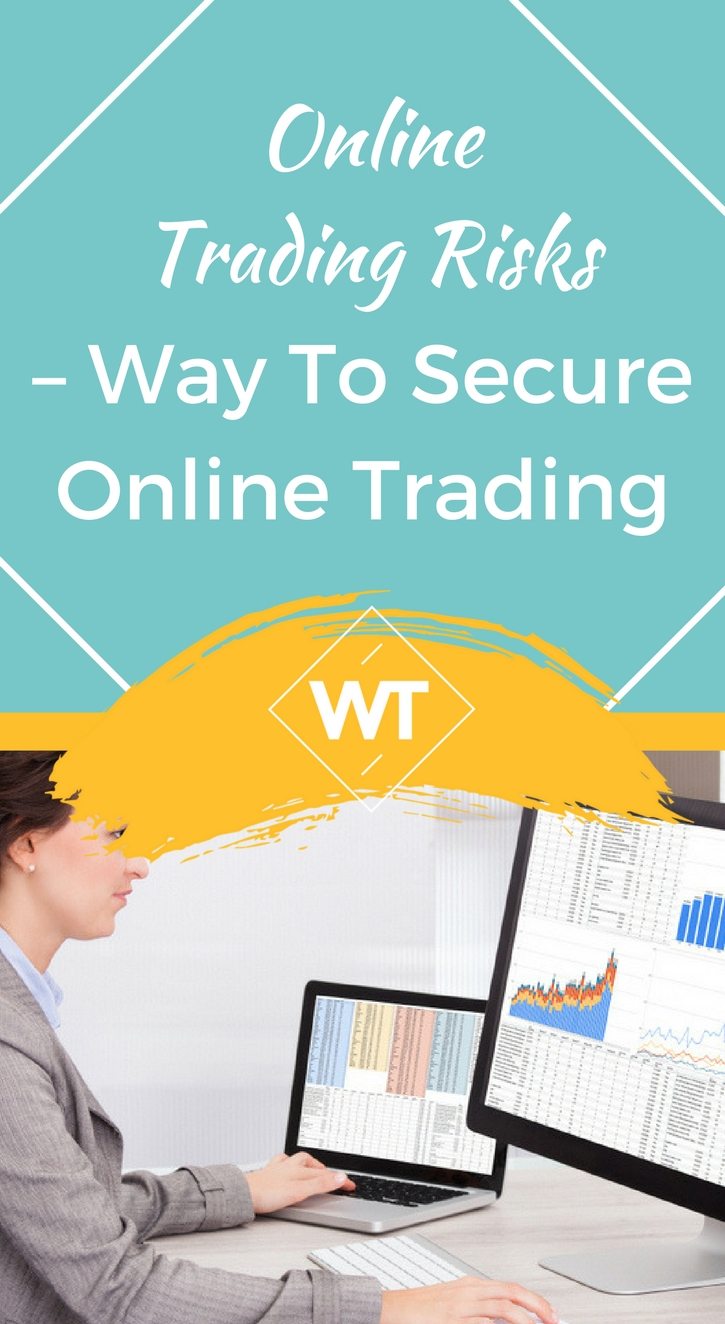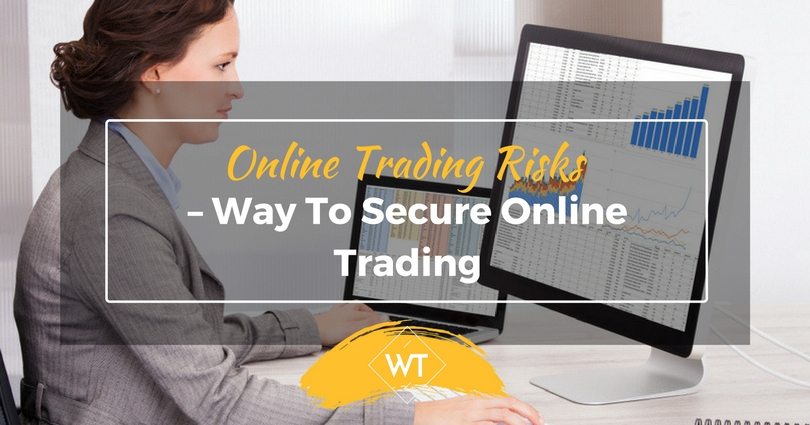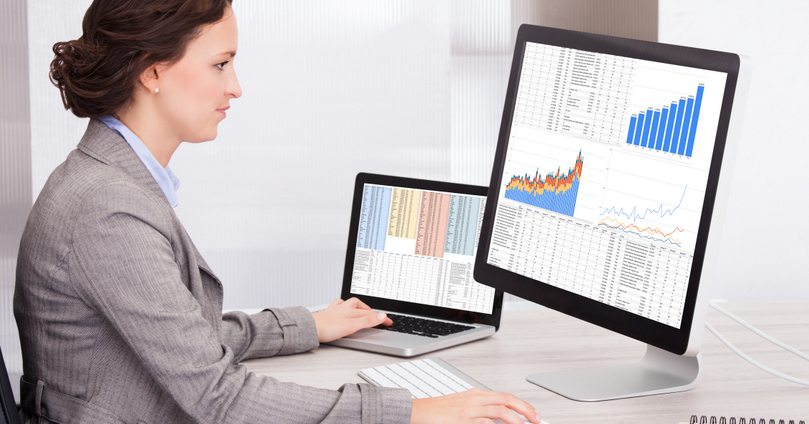Online Trading Risks – Way to Secure Online Trading

Online trading allows both a veteran and a novice the same kind of opportunity to trade in forex, equity, commodities and derivatives; after all the internet is a great leveler. When you trade online there are various risk factors at play. Let’s understand these online trading risks.
Common Online Trading Risks
Risk #1
The first is the obvious risk of venturing in the upheavals of the stock market which is an inherent feature of trading; you can mitigate this risk to an extent but cannot do away with it altogether.
Risk #2
The second risk can be the lack of knowledge which again can be controlled by doing your homework well, subscribing to various newsletters and reading.
Risk #3
The third and more potentially dangerous one is that which involves cyber security. This can cause a lot of damage and loss to you; but being cautious and following a few simple tips can help you do away with risk completely. Here we will discuss a few things that can help you in overcoming this menace.
Tips to overcome online trading risks
If you are looking to understand the basics of online trading, please read our blog – How online trading works.
Meanwhile here are some practical tips to overcome these online trading risks:
1. Choose financial institution wisely
First things first; the financial institution that you choose goes a long way in determining the kind of security you will have in your transactions. There are two aspects here:
a) Choose a website that you are sure is not a scam and is backed by a solid institution;
b) Go through the security features of the website. Each website has various safety features like firewall, encryption, password settings etc and you should check these before you open an account.
Here are some examples of security features offered by the financial institutions:
- Most websites ask you to choose a password that is minimum 8 characters, has a combination of characters, numeric and special characters.
- Almost all websites have a 128 bit encryption which is the highest level of security available.
- HDFC Securities sends you an email confirmation as soon as your order is executed.
- Reliance Money offers you the feature of a security token. A security token is a hardware device that displays a unique number that keeps changing every minute. For logging in this unique number is required. This provides a second level of authentication, the first level being the login id and password. The security token looks something like this:
- In case you enter your password incorrectly thrice ICICI Direct locks your account and sends you an SMS alert to inform you about the same.
- Kotak Securities offers the facility of sending an SMS alert before executing a transaction.
2. Passwords are important
The bank or the financial institution that you choose will always send your password and login id separately – and they are sent through different mediums, one through courier and one through post so that the chances of misuse are minimized.
There are two passwords provided by a lot of websites one for login and one for transaction for additional security. A few things that can be kept in mind to ensure password safetyand overcome online trading risks are:
- Make sure that when you receive the password they are in an unopened envelop else do not accept them and inform your bank immediately.
- Change the password immediately after receiving it and thereafter frequently. ICICI Direct prompts you to change them every two weeks.
- Do not choose obvious passwords like your date of birth or nicknames.
- Never keep your password and login id together; preferably memorize them and then destroy the paper.
- Passwords should not be sahared with anybody.
3. Be Vary of Phishing Emails
No bank will ever ask you for information through an email. They already have all the information they want and they definitely do not need to know your login id or password.
So never answer an email which asks for your user id and password or any other information even if they appear to have come from your bank. Notify your bank in case you receive such an email.
4. Computer Safety
Keep your computer virus free and keep the security features of your computer updated. Also do not leave your computer unattended if you are logged in even for a moment especially in your office. It is advisable not to access your account at a cyber café or a share computer.
Log out immediately and try and use the virtual keyboard offered by some websites.
Hopefully these tips will help avoid the online trading risks and ensure secure trading.









Leave a Reply